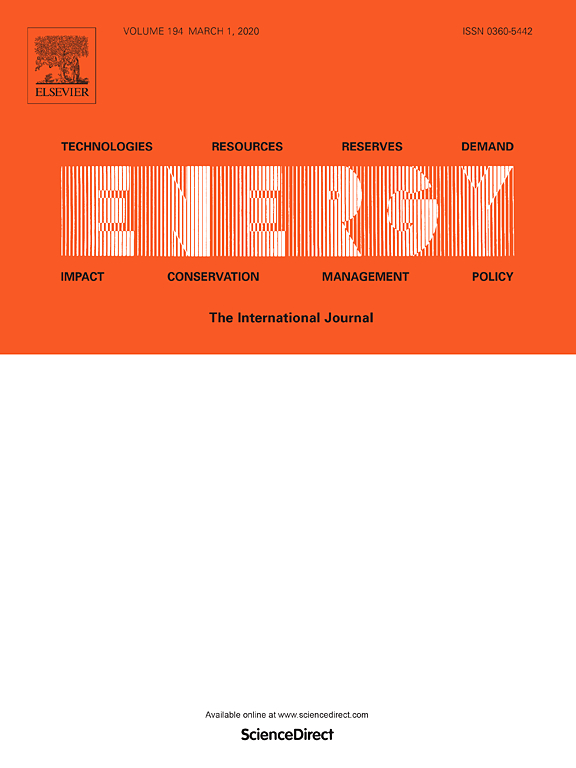
Coal Phase-out in Germany – Implications and Policies for Affected Regions
The present study examines the consequences of the planned coal phase-out in Germany according to various phase-out pathways that differ in the ordering of power plant closures. Soft-linking an energy system model with an input-output model and a regional macroeconomic model simulates the socio-economic effects of the phase-out in the lignite regions, as well as in the rest of Germany. The combination of two economic models offers the advantage of considering the phase-out from different perspectives and thus assessing the robustness of the results. The model results show that the lignite coal regions will exhibit losses in output, income and population, but a faster phase-out would lead to a quicker recovery. Migration to other areas in Germany and demographic changes will partially compensate for increasing unemployment, but support from federal policy is also necessary to support structural change in these regions.





